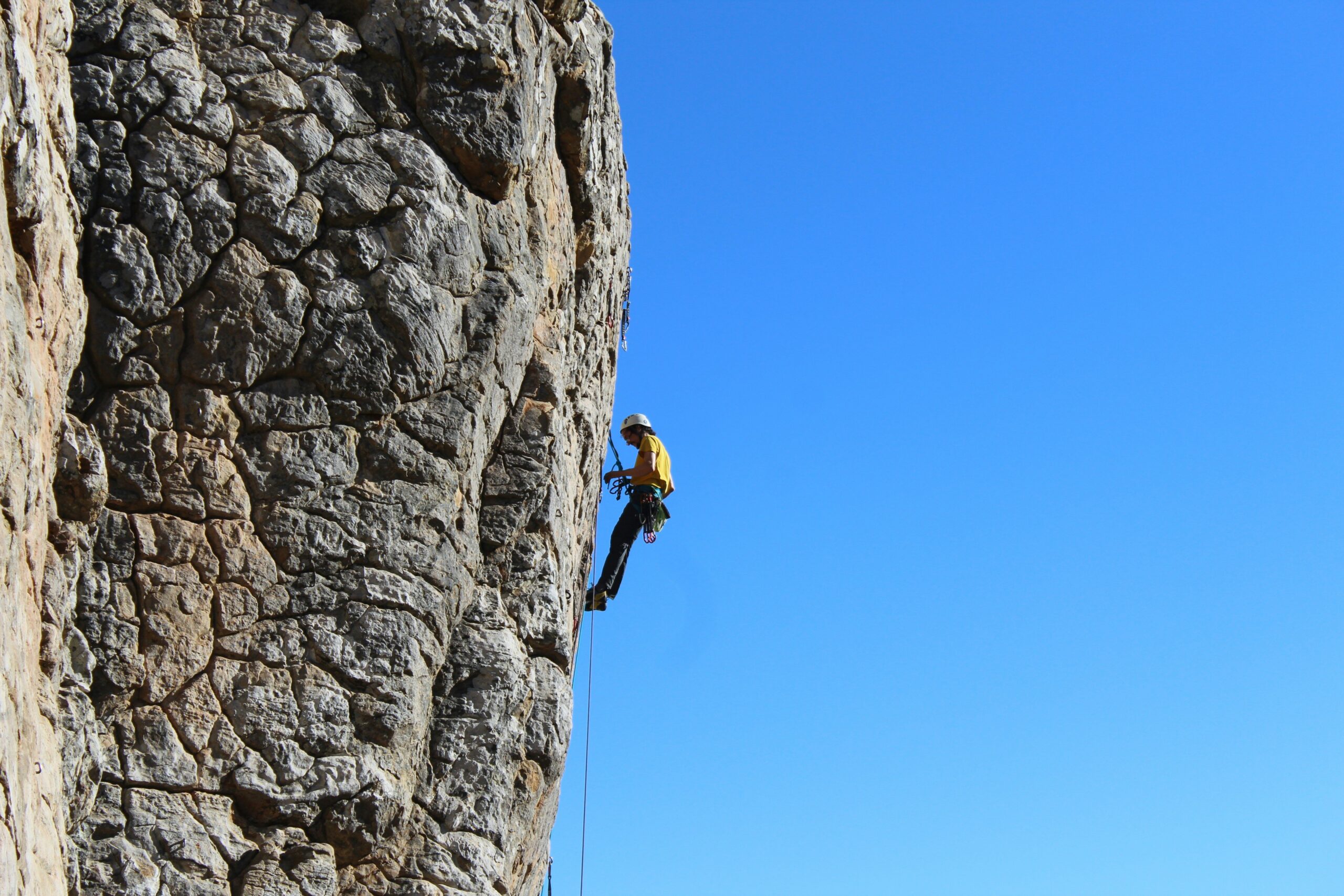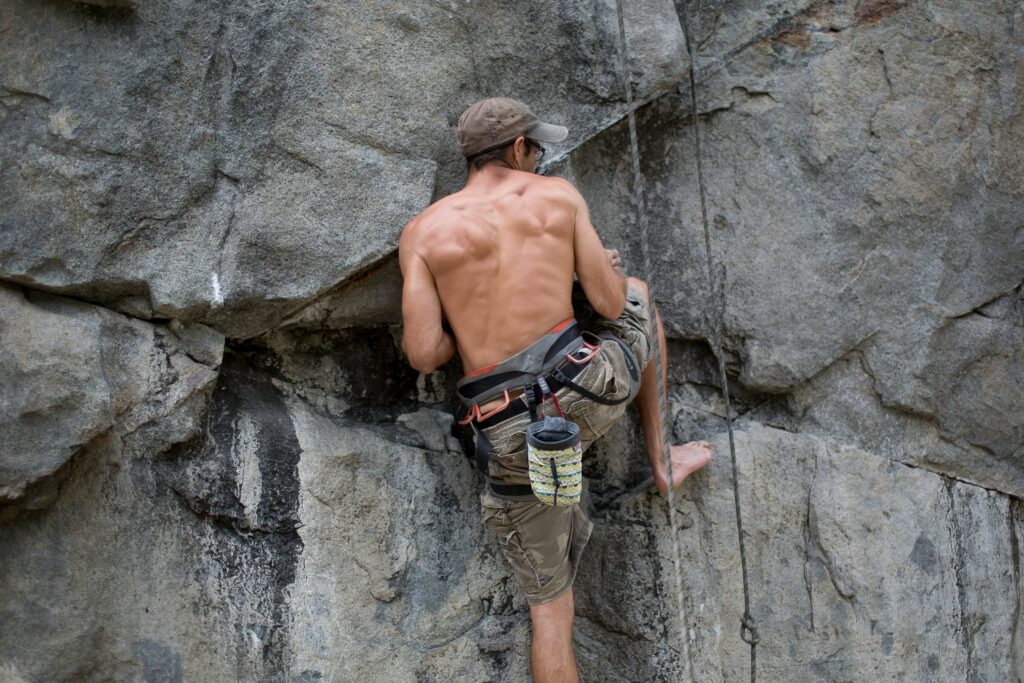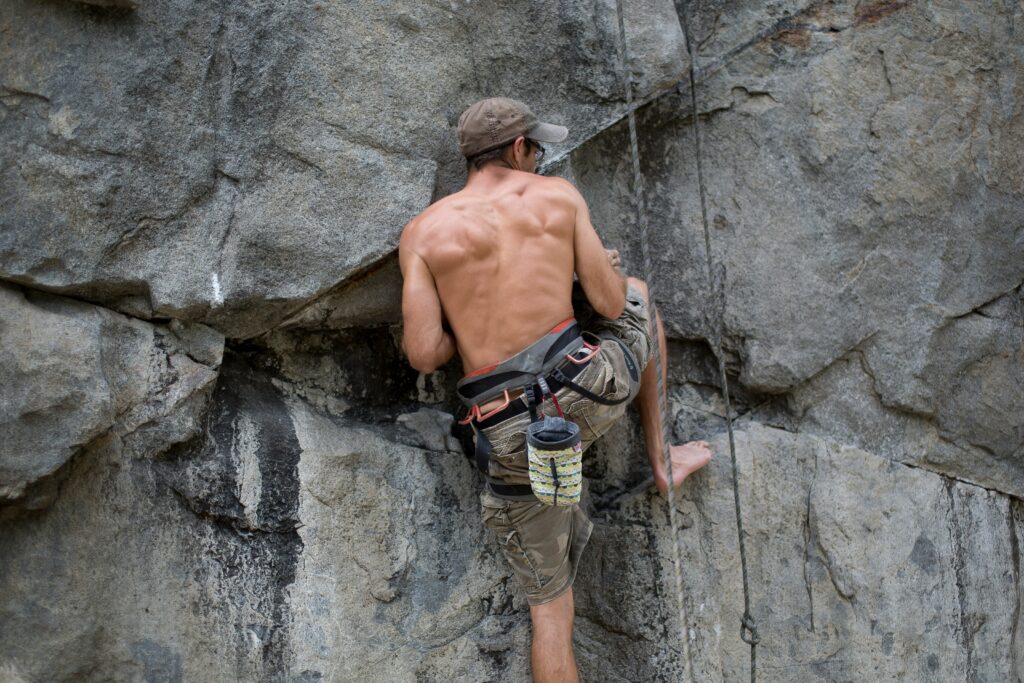Ever tried rock climbing to burn calories but got stuck (literally) because you didn’t feel safe? Yeah, us too. Picture this: You’re 20 feet up, staring down at the ground, and suddenly that harness feels suspiciously flimsy. The fear of falling isn’t just a buzzkill—it’s a workout killer. So, how do you stay both secure *and* confident enough to crush your fitness goals? That’s where an anti-fall secure harness comes in.
In this post, we’ll break down why a high-quality climbing harness matters more than you think—whether you’re scaling walls or tackling your weight loss journey. You’ll learn:
- Why anti-fall gear is essential for confidence in outdoor activities.
- How to pick the perfect anti-fall secure harness for beginners.
- Tips on maximizing safety without sacrificing comfort.
Table of Contents
- Key Takeaways
- The Problem with Falling: Why It Ruins Fitness Goals
- Step-by-Step Guide to Choosing Your Anti-Fall Secure Harness
- Top Tips for Using an Anti-Fall Secure Harness Safely
- Real Success Stories: From Fearful Climbers to Fit Warriors
- Frequently Asked Questions About Anti-Fall Secure Harnesses
Key Takeaways
- An anti-fall secure harness ensures maximum safety during physically demanding workouts like climbing.
- Picking the right gear involves considering factors like fit, adjustability, and durability.
- Safety doesn’t have to come at the cost of comfort; premium harnesses can enhance performance.
- Falling isn’t just scary—it disrupts progress by sidelining you from exercise routines.
The Problem with Falling: Why It Ruins Fitness Goals
“Optimist You:” Surely one little tumble won’t derail everything, right?
“Grumpy Me:” Ugh, unless you enjoy months of recovery time while Netflix binge-watching becomes your new cardio.
Let’s face facts: If you’ve ever been sidelined due to injury, you know how frustrating it is. A fall—even a minor one—can throw off months of hard work in your weight loss plan. And trust me, I speak from experience. My first attempt at bouldering ended spectacularly (read: painfully) when my cheap harness failed mid-climb. Not only did I sprain my ankle, but my gym routine also took a nosedive as well. Sounds like nails-on-a-chalkboard stress levels.
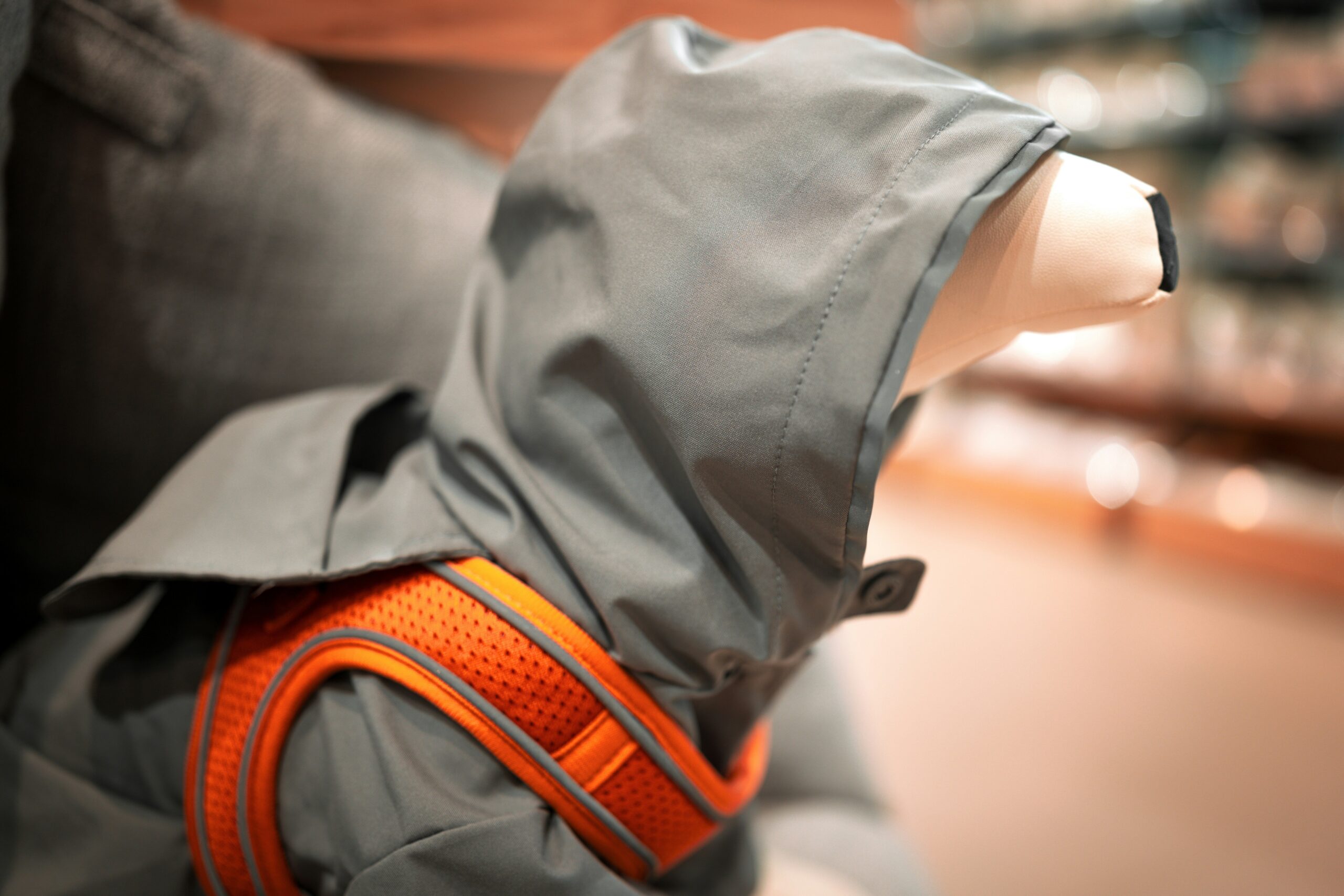
Fig. 1 – Annual injury statistics caused by accidental falls during physical activity.
Step-by-Step Guide to Choosing Your Anti-Fall Secure Harness
Step 1: Understand the Basics
Climbing harnesses aren’t all created equal. Look for features like padded leg loops and breathable materials. Remember, no amount of “good Vibes Only” stickers will save a poorly designed harness.
Step 2: Check Adjustability
Your waist size changes—don’t fight biology here. Opt for an adjustable model so your anti-fall secure harness grows with your fitness journey.
Step 3: Test Weight Capacity
This ain’t Instagram; being honest about your weight helps avoid accidents. Always check load limits before buying!
Top Tips for Using an Anti-Fall Secure Harness Safely
- Inspect Regularly: Don’t skip this step—it’s chef’s kiss crucial. Frayed straps sound like death metal riffs waiting to happen.
- Avoid Overloading Gear: Adding carabiners? Double-check those ratings, buddy.
- Practice Proper Fastening: Tighten buckles securely every single time. “Close enough” = disaster waiting to ambush.
Rant Alert: Let me scream it louder for the folks in back—you need proper training before heading outdoors. Too many climbers treat their anti-fall secure harnesses as optional accessories rather than lifelines.
Real Success Stories: From Fearful Climbers to Fit Warriors
Take Sarah, a fitness newbie who was terrified of heights. After investing in a premium anti-fall secure harness, she not only conquered climbing but dropped 25 pounds over six months. Talk about turning fear into fire!
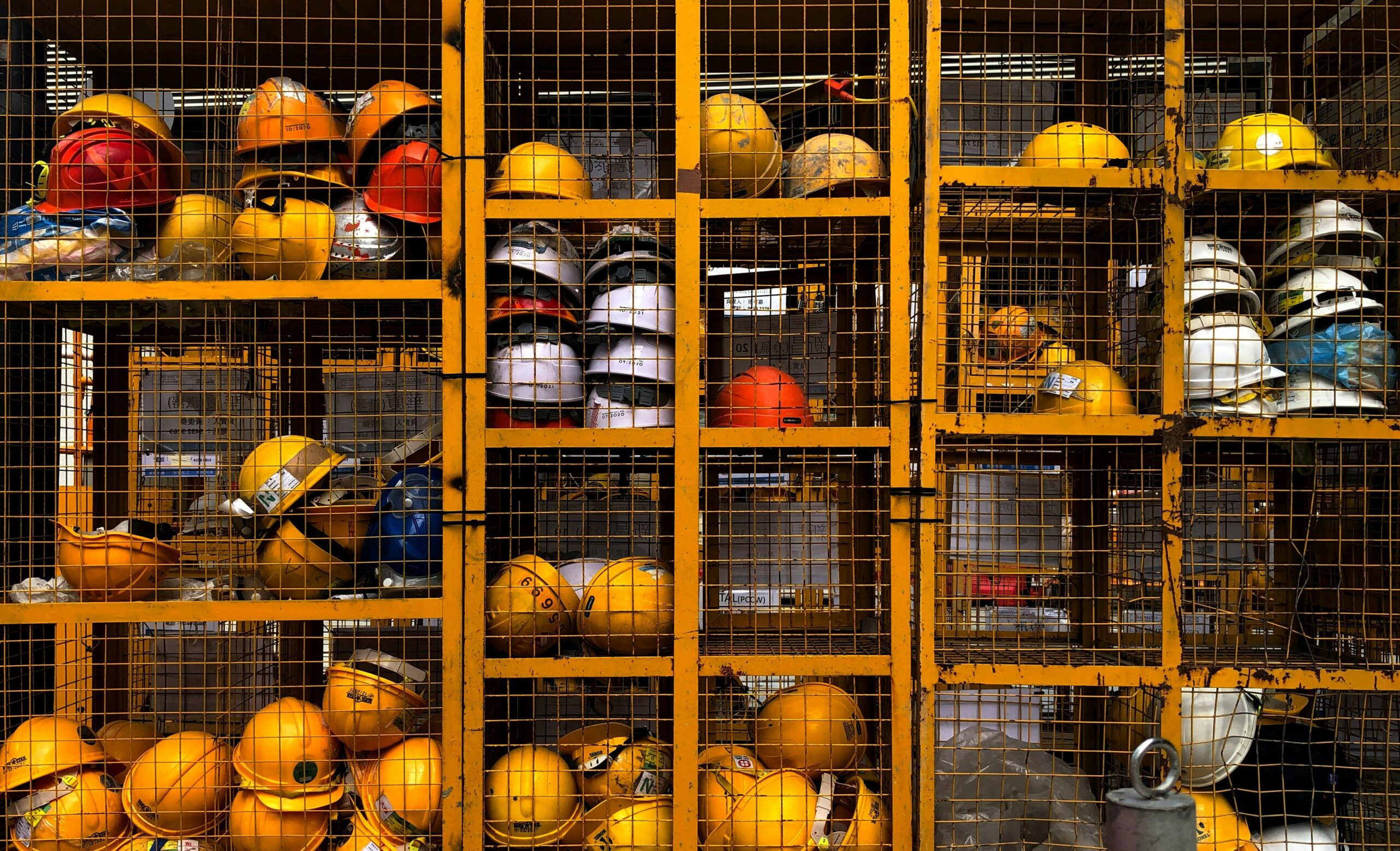
Fig. 2 – Sarah celebrates her victory atop a climbing peak thanks to reliable gear.
Frequently Asked Questions About Anti-Fall Secure Harnesses
Q: Do I really need an expensive harness?
Absolutely. Budget options might seem tempting until they fail halfway through a climb. Cheap equals chaos.
Q: How often should I replace my harness?
Every 2–5 years depending on usage frequency. Nylon wears out faster than avocado toast trends.
Q: Can kids use these harnesses too?
Yes—but always check manufacturer recommendations specific to children’s weights and sizes.
Conclusion
We’ve covered the basics of choosing, maintaining, and leveraging an anti-fall secure harness. By now, you understand its role in keeping you safe—and motivated—as you chase your health goals.
To recap:
- Pick a durable, adjustable harness tailored to your needs.
- Stay vigilant about inspecting and replacing worn equipment.
- Never compromise safety for convenience—it’s never worth it.
And finally, some wisdom wrapped in haiku form:
Secure climbs await,
Fear fades as fitness grows strong,
Anti-fall: Forever.
